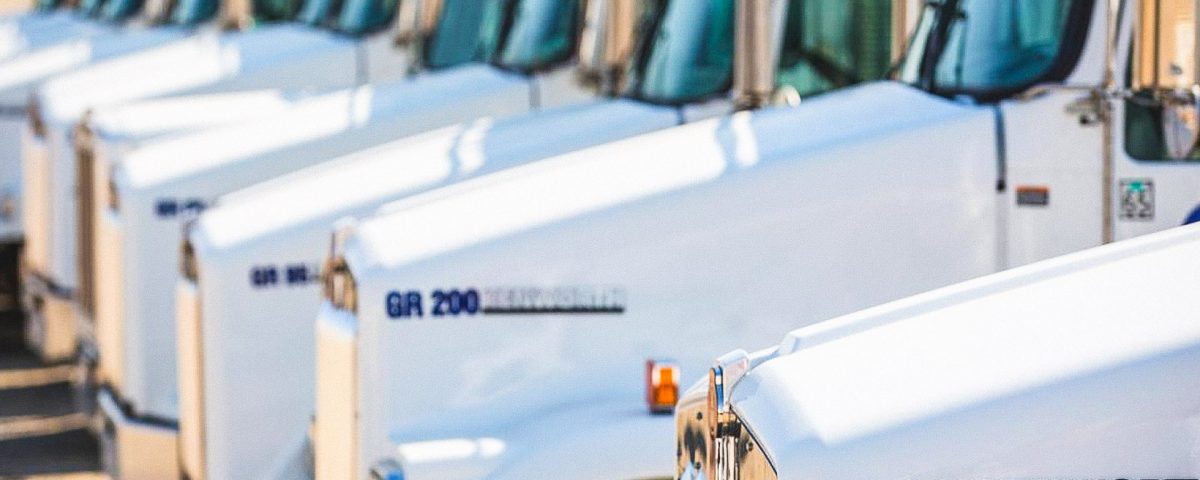- SBE #39228
- +1 (916) 985-2700
- info@grtrucking.net
New Developments

New Developments
Gr Trucking | Concrete Recycling | Material Trucking | Sacramento
New Developments
The large trucking material transport industry is undergoing significant transformations, driven by technological advancements, sustainability initiatives, and operational challenges.
Autonomous Trucking Innovations
The integration of autonomous driving technology is revolutionizing freight transportation. Companies like Plus are at the forefront, developing Level 4 self-driving systems for semi-trucks. Since its inception in 2016, Plus has collaborated with major truck manufacturers and fleet operators to deploy autonomous trucks across the United States, Europe, and Asia. Notably, in 2024, Plus partnered with Hyundai Motor Company to demonstrate a Level 4 autonomous Class 8 hydrogen fuel cell electric truck in the U.S., showcasing the potential of combining autonomy with alternative fuels.
Electrification of Heavy-Duty Trucks
The shift towards electrification is gaining momentum in the trucking sector. Manufacturers such as Scania, Daimler, and Volvo are introducing electric lorries to reduce greenhouse gas emissions. However, challenges like battery supply constraints and inadequate heavy-duty charging infrastructure have slowed widespread adoption. For instance, Scania aimed for 10% of its sales to be electric trucks by 2025 but currently stands at only 1%. Despite these hurdles, electric truck sales are on the rise, with expectations that operational costs will become more competitive with diesel models by 2031.
Automated Cargo Transport Corridors
To address driver shortages and enhance efficiency, countries like Japan are investing in automated cargo transport systems. Plans are underway to establish an automated cargo corridor between Tokyo and Osaka, utilizing unmanned transportation to alleviate labor shortages and cut emissions. Trial runs are expected by 2027, with full operations anticipated in the mid-2030s.
Sustainability and Decarbonization Efforts
Companies are increasingly focusing on sustainability. For example, Mechatronix, in partnership with mining services giant Thiess, has developed carbon-fiber technology to enhance the lifespan and load capacity of mining equipment. This innovation supports decarbonization efforts and improves operational efficiency. The partnership has led to the implementation of these technologies across fleets in regions like Indonesia and plans for expansion into North America.
Economic and Operational Challenges
The trucking industry continues to face economic fluctuations, impacting freight demand and capacity. Post-pandemic shifts have led to a market trough, with minor signs of improvement. The industry grapples with challenges such as driver shortages, regulatory changes, and the need for infrastructure development to support new technologies. Adapting to these changes is crucial for maintaining operational efficiency and meeting evolving market demands.
In conclusion, the large trucking material transport industry is at a pivotal juncture, embracing technological innovations and sustainability initiatives while navigating economic and operational challenges. The continued evolution of autonomous technologies, electrification, and infrastructure development will shape the future landscape of freight transportation.
